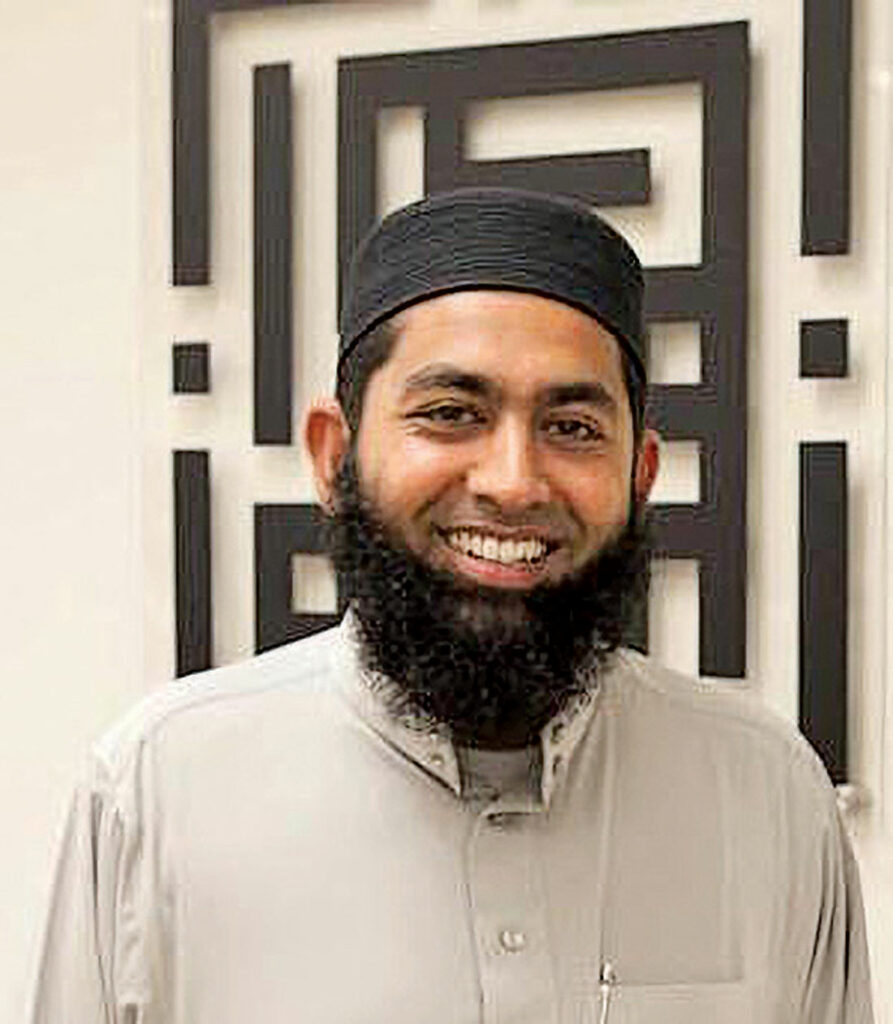On Friday, July 29, Muslims began the New Year of 1444 with the month of Muharram.
Prophet Muhammad’s migration to Medinah from Mecca (the hijrah) was such a pivotal event for Muslims that the second Caliph Omar decided that it should mark the beginning of the Muslim calendar. The hijrah was undertaken as the Prophet Mohammad was hounded by his fellow native Meccan tribesmen intent on killing him. They saw his new message of Islam with its centrality of justice and equality as an existential threat to the existing order.

Hijrah means to leave something or to migrate. This could be physical or spiritual. As for the physical, Muslims have no equivalent Abrahamic belief of wandering in exile, later to return to the promised land upon messianic intervention. To a Muslim, every new country he or she arrives at is a promised land, and an opportunity for a fresh beginning.
When the Prophet undertook his Hijrah, he was less concerned with his personal safety; rather, it was to preserve and transmit the divine revelations that he had received. An important aspect to the Hijrah was his meticulous planning and flawless execution. It was far from a spur-of-the moment decision typically associated with “escaping.” In Islam, contrary to contemporary wide misbelief, meticulous planning does not conflict with reliance in Allāh.
Hijrah also means to move to a better place or situation so we can carry out our mission of being Allah’s vice-regents on this earth. That is, to be better and more productive citizens, to participate in building a more just society.
The Prophet of Allah migrated from a homogenous society of his fellow Bedouin tribesmen in Mecca to the then more plural and diverse one in Medinah, with its already established Christian, Jewish, pagan and polytheistic communities. There, the Prophet used Islam’s yardstick of justice to govern, not by whims, revenge, hatred or desire to dominate. He demonstrated as much as he preached the essence of this new faith.
The Prophet also emphasized civic engagement and good communal relations. Among the first things he set up was a trading place. He knew intuitively that trading is the best way to create and increase social bonds and interactions. It still is.
As per the Qur’an verse, “Bear witness to justice and not let hatred for a people lead you to be unjust. Be just, for that is nearer to reverence and to God.” (5:8)
Muslims who have migrated to this great country—specifically those who have chosen to settle in our wonderful South County community—take inspiration from the hijrah. It is this that inspired us to build our own house of worship and a place to bury our loved ones. Those are our tangible expressions of commitment to this community.
As we enter the New Year, let us internalize the noble values and aspirations of that initial Hijrah. In the words of our Prophet Muhammad, we do not have to physically migrate, rather abandon all that Allah has forbidden.
Imam Ilyas Anwar is the religious leader for South Valley Islamic Community, serving them and the larger Muslim community in the Bay Area for over 20 years. He is an active member of the Interfaith Clergy Alliance of South County and can be reached at [email protected].








